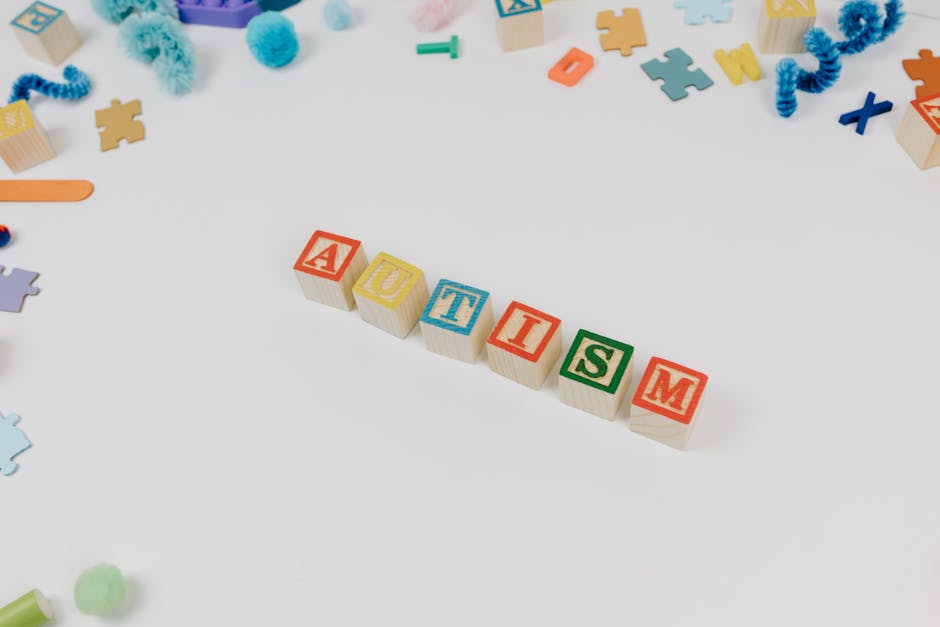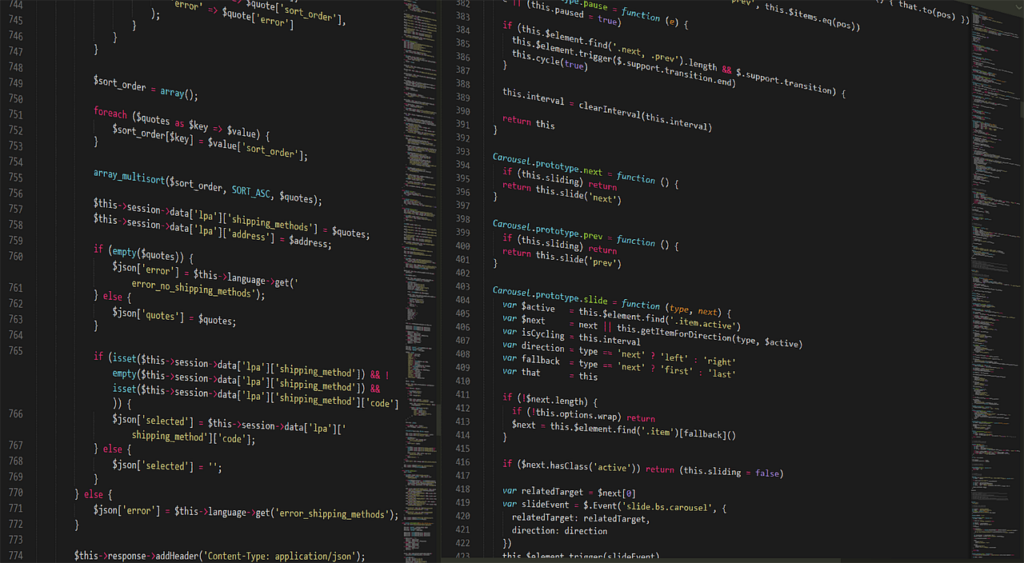What Is Komunalakassa?
A komunalakassa is a locally organized mutual aid fund. Groups—often neighborhoods, associations, or workplace teams—contribute regularly to a shared pool. When a member runs into an emergency, they can tap into the fund with minimal bureaucracy. That accessibility is key.
The rules might vary, but the structure’s the same: collective contributions, group governance, and fast assistance. It’s financial planning meets social cohesion.
Unlike insurance, komunalakassa funds are flexible. If a member needs help with a house repair or unplanned travel for a family emergency, they’re not forced into a narrow definition of what counts as “eligible.” The group decides what matters—and approves support accordingly.
Why It Works
Three reasons komunalakassa keeps things efficient: trust, transparency, and speed.
- Trust: Everyone knows each other or is connected through direct referral. There’s builtin accountability, something most anonymous systems lack.
- Transparency: Members usually see where the money goes. Expenses are logged, and fund levels are public to the group.
- Speed: There’s no nineweek claim cycle or legal department to get through. Once there’s consensus, funds move quickly.
All this removes friction. It also means members don’t have to overexpose themselves with personal financial details. The process is humane and minimal.
Modern Use Cases
Even in a digitized economy, the komunalakassa concept scales. Here’s how people are using it today:
Housing cooperatives use the model to fund repairs or cover rent for members having a rough month. Freelancer collectives create kassa funds to navigate irregular income streams. One month you’re flush, another you’re broke. The fund cushions the swing. Immigrant communities often organize kassas to manage risk across borders, especially for health emergencies or family obligations abroad. Remotefirst companies adopt internal kassas as part of their HR flexibility stack, offering employees support for mental health or lastminute family needs.
The common thread? Autonomy. You don’t need to wait for institutions to catch up. You build your own safety net.
Getting Started with Your Own Komunalakassa
Setting one up doesn’t require a law degree or financial license. Here’s a strippeddown framework:
- Assemble a group: Keep it small at first. Think 5–20 people who trust each other.
- Choose a platform: Go analog with spreadsheets and PayPal/Venmo, or try digital tools like Commonfare or Open Collective.
- Set contribution rules: Monthly payments? Quarterly? Decide what’s manageable.
- Agree on use criteria: Narrow or wide? Emergencies only or ongoing hardships? Write it down.
- Build in accountability: Monthly checkins, shared treasurer roles, or public ledgers.
Nothing fancy—just clear, mutual understanding.
Challenges to Watch
Like anything based on collective involvement, komunalakassa efforts can stumble if not managed with intention.
Freeriders: Those who contribute little but apply often. Handle through transparency and agreedupon caps or cooldowns. Conflicts: What counts as “urgent”? Set clear rules upfront, and adjust over time based on real use cases. Sustainability: Early enthusiasm can fade. Keep participation steady with light communication rhythms—monthly reports, shared wins, and checkins.
Scale slowly. The goal isn’t to balloon into a nonprofit. Keep it sharp, functional, and local.
The Bigger Picture
Komunalakassa isn’t a new invention; it’s a throwback. Before banks and insurance giants, people relied on group solidarity to survive surprise costs. Mutual aid meant just that: practical help, not just moral support.
In a time where most safety nets are either staterun or commercially monetized, localized funds bring decisionmaking power closer to the people they affect. They’re nimble, relational, and refreshingly simple.
People are tired of waiting for institutions to become more humane. Instead, they’re building microalternatives. And komunalakassa fits neatly into that mindset—minimal overhead, maximum impact.
Final Thoughts
You don’t need a master plan or a tech stack to create a difference. A wellrun komunalakassa can mean fewer financial spirals and stronger bonds between people. It’s not the only answer, but it’s a sharp tool in a world that’s often overengineered.
Start small. Build trust. Share the load. If nothing else, komunalakassa reminds us that we’re not doing this alone. And that’s worth more than a thousand insurance policies.




